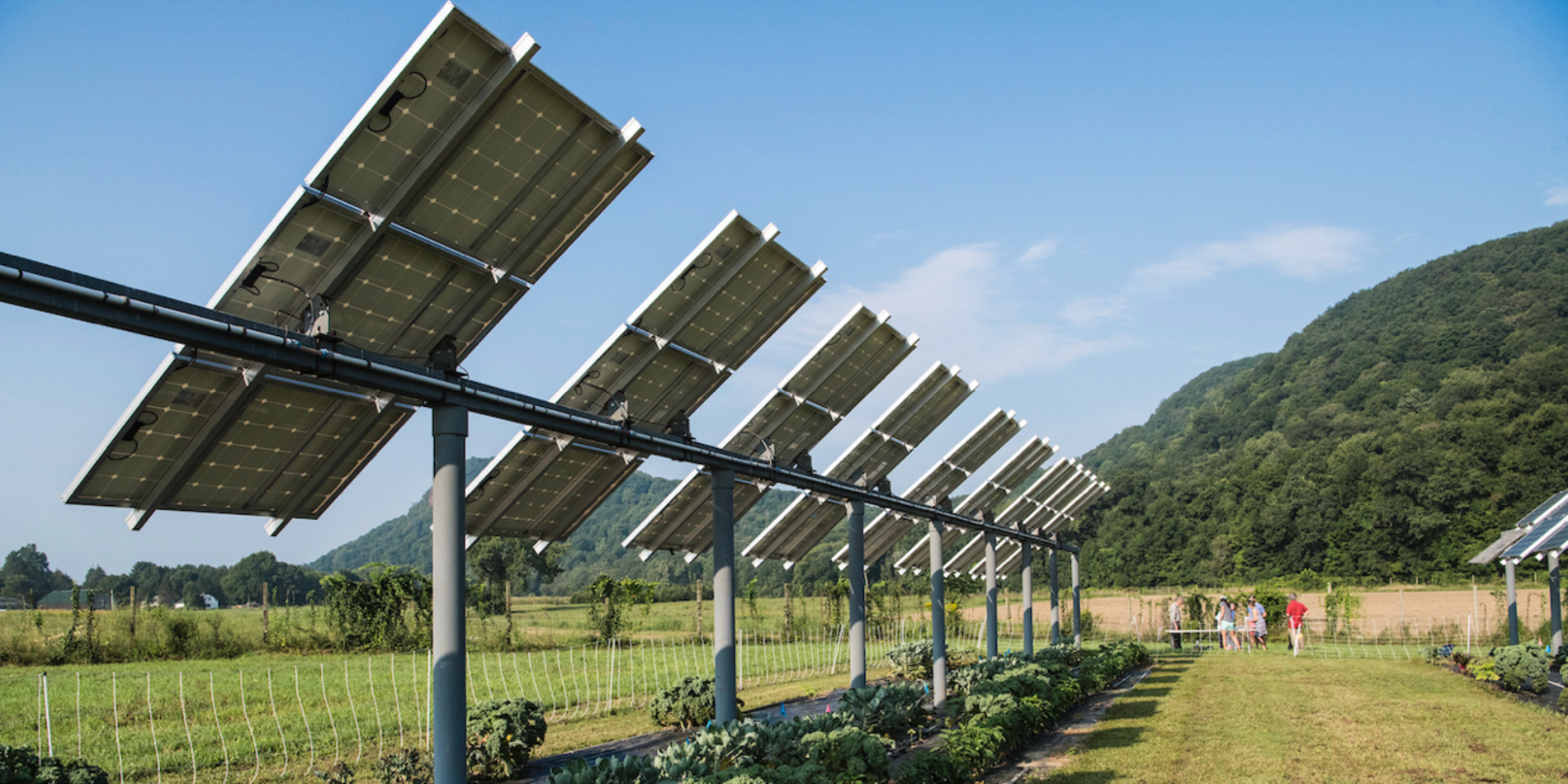Unseen Gold
Plastics, biofuels, fertilizers, and many everyday products have similar ingredients, on a chemical level. Today most of these chemicals are derived from fossil fuels, but what if instead they came from carbon emissions, that costly byproduct of economic development? That’s the goal of Opus 12, a venture with its roots on Stanford’s campus.
“We want to create value out of waste,” says co-founder Etosha Cave, MS ’11, PhD ’15. “CO2 right now is being haphazardly thrown away.”
Opus 12 plans to repurpose carbon dioxide currently being released from industrial plants and create useful chemicals and liquid fuel from it. The startup is using a business tactic called “arbitrage”—essentially taking a product and upselling it—in a kind of environmental judo that could dramatically decrease global warming if the technology can scale up.
The team started in 2014 in Professor Thomas Jaramillo’s lab, where both Cave and Kendra Kuhl, PhD ’13, spent time doing their doctoral studies. They discovered a mutual interest in entrepreneurship during their research on metal catalysts, but hadn’t considered their ideas ready for commercialization until they met executive director Brian Bartholomeusz at a cleantech event hosted by the TomKat Center for Sustainable Energy.
“He told us, ‘You’re exactly the type of technology we’re trying to transfer out of the lab,’” says Cave.
The duo invited Nicholas Flanders, MBA/MS E-IPER ’16, to help shore up their business experience. Within the year, the team had won a TomKat Center grant as well as a spot in the Cyclotron Road program, which landed them a bench at Lawrence Berkeley National Laboratory and additional mentorship.
Waste into wealth
Opus 12 found their business philosophy and rallying cry in the words of Buckminster Fuller, the 20th century American inventor and philosopher:
"Pollution is nothing but the resources we are not harvesting. We allow them to disperse because we've been ignorant of their value." - R. Buckminster Fuller
Their approach modifies an existing technology called a polymer electrolyte membrane, or PEM system, that is used in other industries to split water or in fuel cells. Opus 12 has created a unique metal catalyst membrane assembly to repurpose the PEM system into one that can split CO2 and water—the equivalent of an Intel chip (their reactor) in a Dell computer (the PEM system), as Cave describes it. The TomKat Center funding allowed them to develop a working prototype.
They can accomplish this kind of water-into-wine alchemy by sending an electrical current into water mixed with carbon dioxide in the presence of the metal catalyst. The carbon dioxide breaks down into smaller molecular bits, which can be reconfigured to make at least 16 different chemical compounds, such as ethanol and acetic acid.
After months of fine-tuning the reactor for the greater efficiency, Opus 12 has begun scaling up. They hope to complete their first commercial-sized carbon dioxide electrolyzer in 2018, a product that will be 30 times larger than their original prototype.
In the future, the electrolyzers could be the size of small buildings, tucked next to manufacturing plants, allowing Coca-Cola, for example, to produce plastic bottles made from ethylene produced onsite.
Efficient and self-sufficient
Particularly if Opus 12 is able to run its operations from renewable energy sources, the environmental payoffs will be sizable. At the commercial scale, the technology could have the CO2-converting power of 37,000 trees and yet fit into an average-sized suitcase.
The advantages for industry are meaningful, too. At the moment, companies must pay several middle men, as well as sizable insurance fees, to transport and deliver the chemicals that they need. Opus 12 would allow the companies to produce many of these chemicals on location, creating greater self-sufficiency and fewer supply chain risks. It would give manufacturers the ability to create a closed loop system or make a portfolio of chemicals with their only input being liquid carbon dioxide, the same harmless ingredient restaurants use to add fizz to soda fountain drinks.
In the three years since it took shape, Opus 12 has won numerous awards: the U.S. Department of Energy’s Transformational Award, the Shell GameChanger program, and even the inaugural Roddenberry Prize, founded by the creator of Star Trek to drive social change—as well as multiple grants from the National Science Foundation, NASA, and DOE.
But Cave says the TomKat Center was their big break.
“The money was great, but the mentorship was even more valuable,” Cave says, pointing to ways the center has continued to help Opus 12 network and thrive. “Being part of the TomKat Center is like being part of a family.”
To any students who want to move their innovation out of the lab and into the real world and are considering applying for a grant, she says: “Do it. There is really no down side.”




